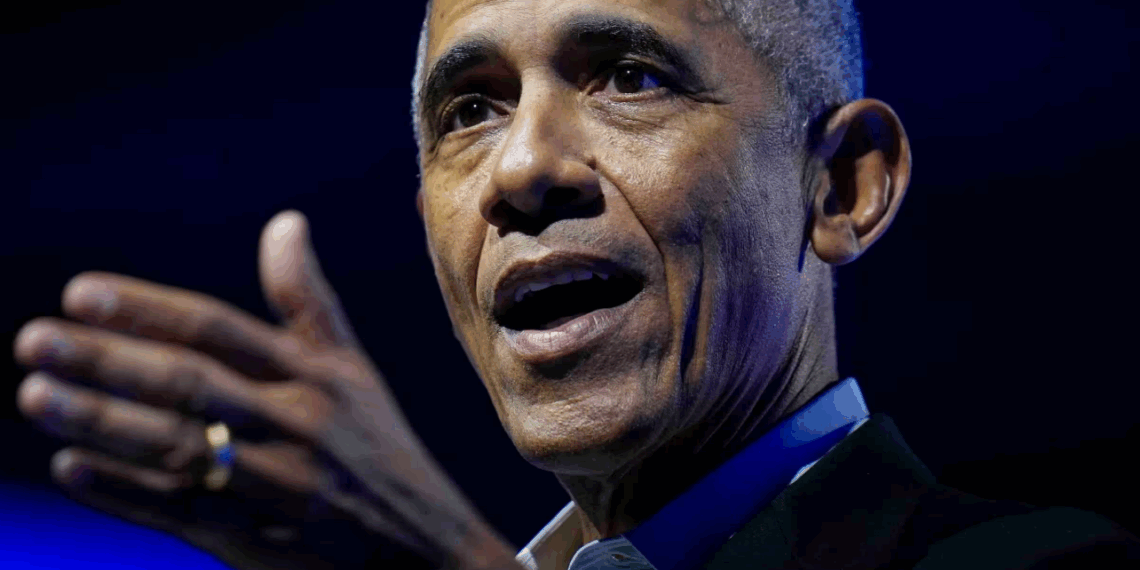WASHINGTON (Realist English). Former President Barack Obama has issued a rare public warning about efforts by Congressional Republicans to significantly weaken the Affordable Care Act, saying their latest legislative maneuver threatens healthcare access for millions of Americans.
“Congressional Republicans are trying to weaken the Affordable Care Act and put millions of people at risk of losing their health care,” Obama wrote on social media. “Call your Senators and tell them we can’t let that happen.”
His remarks come as the Senate prepares to consider a Republican-backed bill passed last month in the House. The bill, which is framed as an extension of Trump-era tax cuts, includes major reductions in Medicaid and ACA marketplace coverage. According to the Congressional Budget Office, the proposed changes would strip healthcare coverage from 10.7 million people over the next decade, making it the most sweeping rollback since the failed 2017 repeal effort.
Notably, the bill avoids explicit references to repealing the ACA. Instead, its impact is embedded in administrative and eligibility changes that critics argue would destabilize Medicaid and insurance markets.
Key provisions include:
- Mandatory Medicaid eligibility verification every six months (currently annual).
- New work requirements: at least 80 hours of employment per month for most adults.
- Shorter enrollment windows, increasing the risk of procedural disenrollment.
Analysts say these measures would disproportionately affect low-income individuals and families. A study by KFF found that most adult Medicaid recipients already work, with just 8% unemployed and not in school or caregiving.
Even some Republicans are expressing unease. Senator Josh Hawley (R-Mo.), writing in The New York Times, called the proposal “morally wrong and politically suicidal.”
The bill also includes controversial provisions affecting insurers. It would restore federal cost-sharing payments for low-income plans—but only for companies that exclude abortion services. That restriction could disrupt markets in 12 states and Washington, D.C., where abortion coverage is required. AHIP, the top U.S. health insurance lobbying group, warned of “immediate instability” if the legislation passes without broader reforms or funding clarity.
Underlying the proposal is the Republican push to extend Trump’s expiring tax cuts, with healthcare cuts framed as a means to offset the cost. Since 2017, enrollment in Medicaid, CHIP, and ACA marketplaces has grown from 85 million to more than 100 million Americans, driving federal spending on healthcare from $550bn to over $900bn annually.
While Republican lawmakers argue they are targeting fraud and inefficiency, critics point out that the bill provides no new funding for anti-fraud initiatives. Former President Donald Trump, defending the cuts, told NBC: “They’re looking at fraud, waste, and abuse. And nobody minds that.”
This legislative push reflects a broader strategy to reshape U.S. healthcare through fiscal levers rather than headline repeal. The scope of the cuts and their alignment with tax policy goals suggest that healthcare may again become a defining issue in the 2025 political landscape—especially if millions stand to lose coverage in the process.


















